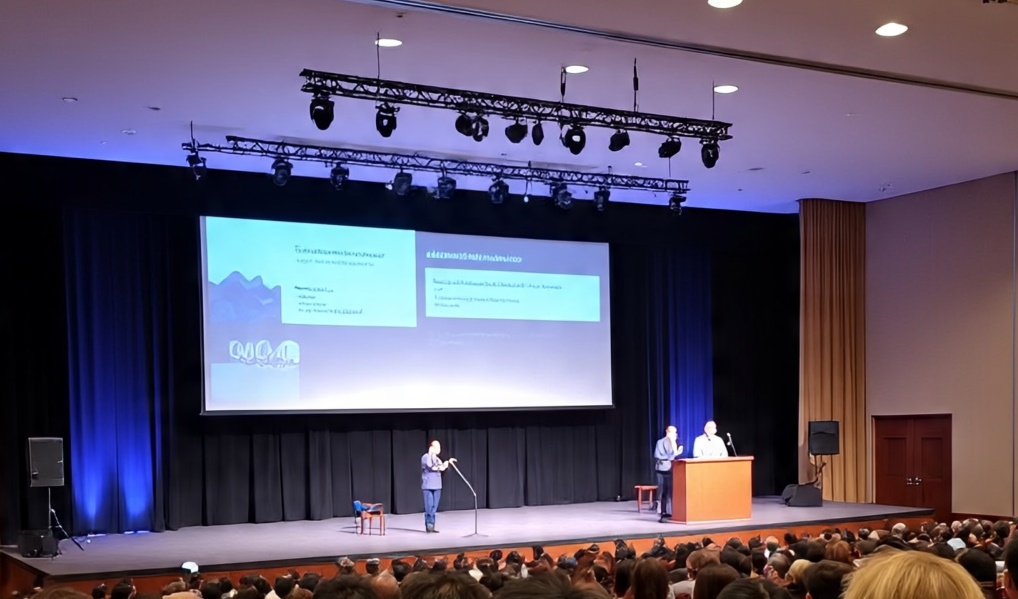Socio-economic Dynamics of Traditional Fishing Communities
Keywords:
Social Dynamics, Socio-Economic, Traditional Fishing CommunitiesAbstract
Traditional fishing communities tend to have low incomes, they often have difficulty in fulfilling basic needs such as food, clothing, and shelter. The purpose of this research is to reveal the socio-economic dynamics of traditional fishing communities in South Konawe Regency. This phenomenon was revealed using a qualitative method with a descriptive approach. Data collection techniques were carried out through three stages, namely observation, interviews, and documentation. The results of this study indicate that: (1) the livelihood system of traditional fishing communities can be seen from the main occupation, the use of fishing gear, local knowledge, culture and tradition, community lifestyle, simple lifestyle, and environmental conservation; (2) the socio-economic dynamics of traditional fishing communities include dependence on natural resources, poverty and economic uncertainty, access to resources, modernization and technology, the influence of government policies, climate change.
References
Abreu, J. S., Domit, C., & Zappes, C. A. (2017). Is there dialogue between researchers and traditional community members? The importance of integration between traditional knowledge and scientific knowledge to coastal management. Ocean and Coastal Management, 141.
Aadil Gulzar, Tajamul Islam, Ruquia Gulzar, & Tabasum Hassan. (2021). Climate Change and Impacts of Extreme Events on Human Health: An Overview. Indonesian Journal of Social and Environmental Issues (IJSEI), 2(1), 68-77.
Bhangu, S., Provost, F., & Caduff, C. (2023). Introduction to qualitative research methods - Part i. Perspectives in Clinical Research, 14(1). https://doi.org/10.4103/picr.picr_253_22
de Sousa, W. L., Zacardi, D. M., & Vieira, T. A. (2022). Traditional Ecological Knowledge of Fishermen: People Contributing towards Environmental Preservation. In Sustainability (Switzerland) (Vol. 14, Issue 9).
Debele, E. T., & Negussie, T. (2022). Socio-demographic and socio-economic dynamics underlying housing development of urban residents in Sebeta town, Ethiopia. Cogent Social Sciences, 8(1).
Druzhinin, A. (2019). The Sea Factor in the Spatial and Socio-Economic Dynamics of Today’s Russia. Quaestiones Geographicae, 38(2).
FAO. (2016). Technical and socio-economic characteristics of small-scale coastal fishing communities, and opportunities for poverty alleviation and empowerment. In Food and Agriculture Organizations of the United Nations (Vol. 1111).
Heggerud, C. M., Wang, H., & Lewis, M. A. (2022). Coupling the socio-economic and ecological dynamics of cyanobacteria: Single lake and network dynamics. Ecological Economics, 194. https://doi.org/10.1016/j.ecolecon.2021.107324
Mohsin, A., Shehzad, A., Bilal, F., Imran, F., Akhtar, S., & Fatima, S. A. (2022). Assessment of Awareness on Climate Change among Public and Private Universities of Lahore. Indonesian Journal of Innovation and Applied Sciences (IJIAS), 2(1), 80-87.
Ningi, A. I. (2022). Data Presentation in Qualitative Research: The Outcomes of the Pattern of Ideas with the Raw Data. International Journal of Qualitative Research, 1(3), 196-200.
Kronen, M., Vunisea, A., Magron, F., & McArdle, B. (2010). Socio-economic drivers and indicators for artisanal coastal fisheries in Pacific island countries and territories and their use for fisheries management strategies. Marine Policy, 34(6).
Perruci, L. G., Diehl, A., da Silveira, B. V., Teixeira, J. A., Souza, J., Miasso, A. I., dos Santos, P. L., dos Santos, M. A., de Souza, R. M., Pillon, S. C., & Wagstaff, C. (2021). The emotional and psychiatric problems of adolescents on parole whose parents are substance users: A Brazilian cross-sectional study. Journal of Child Health Care, 25(2), 253–267.
Rideng, I. W., I Made Minggu Widyantara, & Desak Gede Dwi Arini. (2022). Empowerment of Coastal Communities in Cultural and Environmental Preservation (Karolahan Traditional Village, West Tianyar, Karangasem). Law Doctoral Community Service Journal, 1(1). https://doi.org/10.55637/ldcsj.1.1.4450.8-13
Sabdillah Sahar, M., Roslan, S., & Sarpin. (2020). The Impacts of the Use of the Bagan Apung on the Socio-Economic Life of Fishermen Communities. Indonesian Journal of Social and Environmental Issues (IJSEI), 1(1), 22-26.
Seary, R., Santora, J. A., Tommasi, D., Thompson, A., Bograd, S. J., Richerson, K., Brodie, S., & Holland, D. (2022). Revenue loss due to whale entanglement mitigation and fishery closures. Scientific Reports, 12(1).
Simiyu, S. (2015). Socio-economic dynamics in slums and implications for sanitation sustainability in Kisumu, Kenya. Development in Practice, 25(7). https://doi.org/10.1080/09614524.2015.1073223
Stead, S. M. (2005). Changes in Scottish coastal fishing communities - Understanding socio-economic dynamics to aid management, planning and policy. Ocean and Coastal Management, 48(9–10).
Susanto, H. (2013). Faktor-faktor yang mempengaruhi kinerja guru sekolah menengah kejuruan. Jurnal Pendidikan Vokasi, 2(2).
Tietze, U. (2016). Technical and socio-economic characteristics of small-scale coastal fishing communities, and opportunities for poverty alleviation and empowerment. In Food and Agriculture Organizations of the United Nations (Vol. 1111).
Upe, A., Tenri, A., Sitienei, S. K., Hadara, A., Hak, P. & Syarahil, A. (2022). Zoning System in Biodiversity Conservation and Marine Ecological Sustainability: An Emic Perspective of the Bajo People in Southeast Sulawesi. Indonesian Journal of Social and Environmental Issues (IJSEI), 3(3), 279-288.




